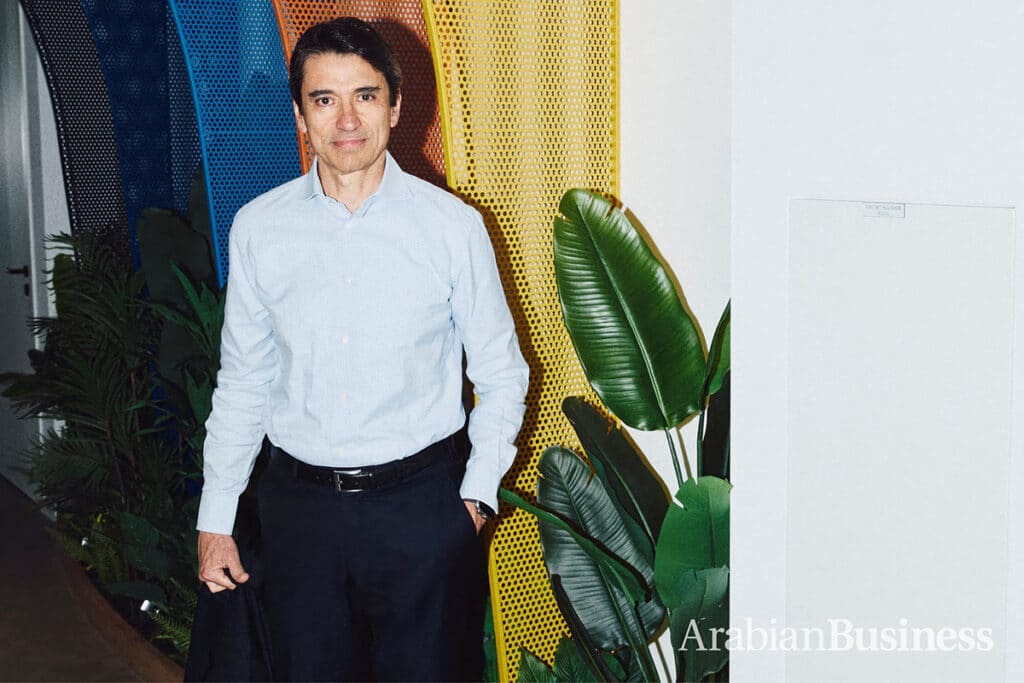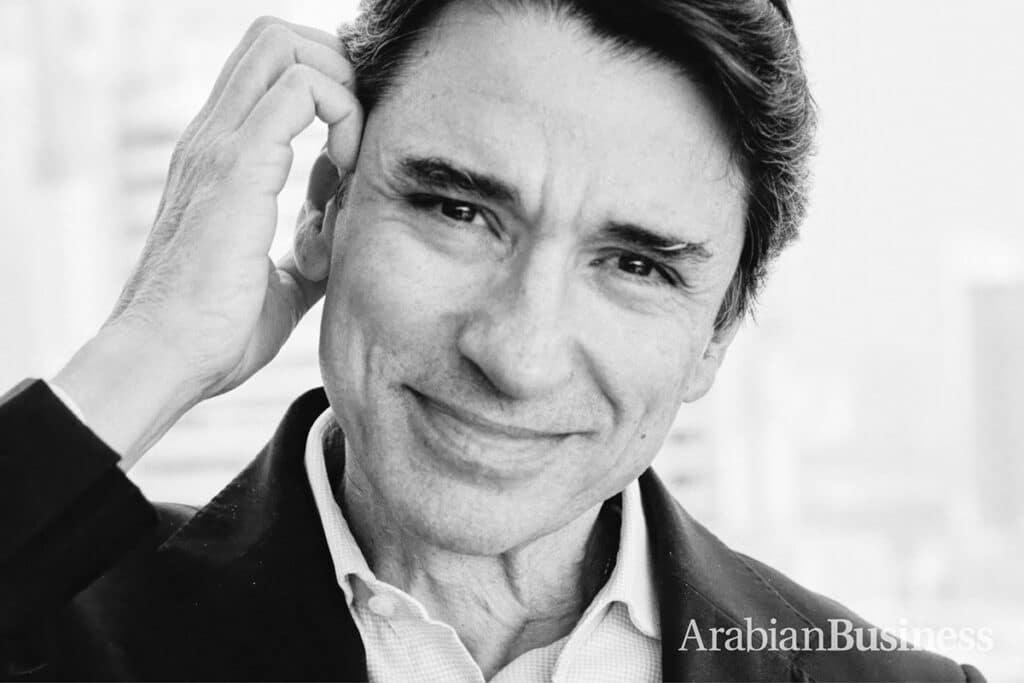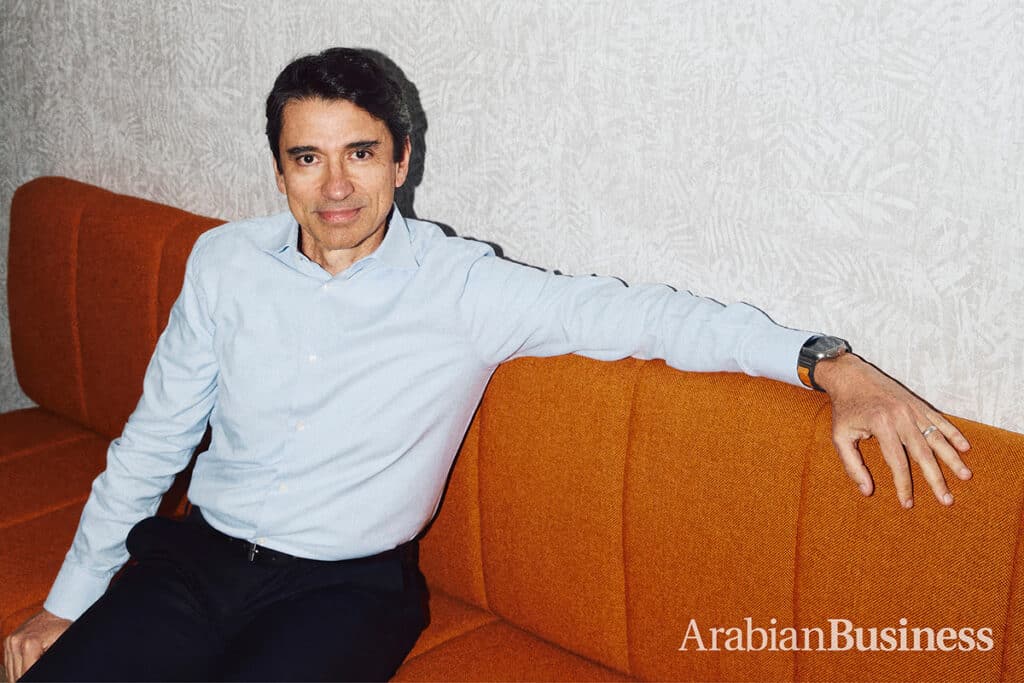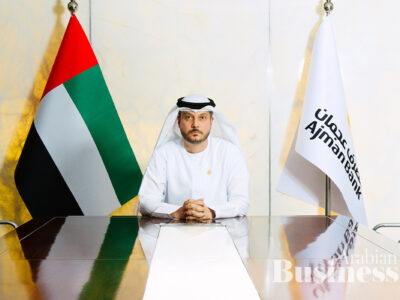In a smoke-filled room of a mid-20th century board meeting, tobacco executives celebrated another year of dominance. Cigarettes weren’t just products – they were cultural icons, intertwined with glamour, rebellion, and routine. Fast-forward to today, and the scene could not be more different. The world has changed. Public health campaigns, stringent regulations, and changing consumer preferences have transformed the landscape. The tobacco industry stands at a crossroads, and leading one of its most influential players, British American Tobacco (BAT), is Tadeu Marroco.
Marroco’s leadership represents a new chapter, where bold decisions and innovative thinking are key. For him, this isn’t about maintaining the status quo or clinging to the nostalgia of a bygone era. It’s about steering BAT into a future that aligns with modern expectations, blending innovation with responsibility, and creating a legacy of transformation rather than tradition.
A global career takes shape
Marroco’s career began not in the hushed boardrooms of London but in the fast-paced markets of Brazil. “What initially excited me was the interaction with different people and cultures,” he reflects. “Despite being in the same industry, every market offers unique challenges and leadership opportunities.” This isn’t a throwaway sentiment – it’s the foundation of his leadership philosophy.
In Brazil, Marroco learned the nuances of a global business. Emerging markets like his home country are not passive backwaters – they are vibrant, complex arenas where companies must be nimble, resourceful, and deeply engaged. Navigating local regulations, understanding consumer habits, and overcoming logistical challenges honed his ability to marry global strategy with local adaptation.
BAT’s corporate culture rewarded this skill. The company thrives on knowledge exchange, and Marroco embraced it, immersing himself in a global network of colleagues and collaborators. This period of learning and adaptation shaped a leadership style built on flexibility, curiosity, and a willingness to rethink assumptions.
Redefining an industry
For much of its history, BAT’s strategy was built around a single, dominant product – cigarettes. That dominance has made the company a lightning rod for criticism, but Marroco isn’t defensive. He’s pragmatic. He knows the future isn’t combustible. His mission is clear – transition BAT into a company defined by innovation and societal needs.
Non-combustible products like vapour devices, heated tobacco, and nicotine pouches now make up 18 per cent of BAT’s revenue. By 2035, the company aims for 50 per cent. “Technology has given us the tools to provide adult consumers with better alternatives to cigarettes,” Marroco says. “Our brands – Velo, Vuse, and glo – are not only innovative. They are built on trust and transparency in our product quality.”

BAT’s research hubs in Southampton (United Kingdom), Trieste (Italy), and Shenzhen (China) are at the core of this shift. These centres aren’t just laboratories, they are symbols of the company’s commitment to rethinking what its future could look like. From advanced product design to its recently launched comprehensive summary on BAT’s transformation to date, the company is investing in a vision that redefines the relationship between a tobacco company and its customers.
Marroco understands innovation isn’t just about creating new products, it’s about changing how a company operates. BAT’s transformation is cultural as much as it is technological. The company is learning to think like a consumer-tech firm, prioritising user experience and building ecosystems that integrate with modern lifestyles. It’s a shift from being product-focused to being consumer-focused – a change that mirrors the larger shifts in global business.
The balancing act
Marroco isn’t naive about the challenges ahead. Cigarettes remain a cornerstone of BAT’s business, especially in markets where affordability and regulatory barriers make alternatives less accessible. “Cigarettes will still be part of the market for years due to affordability and regulatory conditions. But the rapid growth of new categories signals a future where smokeless products could dominate,” he says.
This dual strategy – leverage the old to nurture the new – is an example of Marroco’s leadership. It’s not about discarding one for the other, it’s about creating a pathway that allows smokers to transition to less harmful alternatives, while also ensuring the company doesn’t alienate those who don’t.”
The approach varies by region. In mature markets, smokeless products are growing rapidly. In emerging markets, the transition is slower, shaped by cultural habits and economic realities. Marroco’s leadership ensures that BAT remains agile, tailoring its strategies to align with local needs while keeping sight of its global objectives.

Why MENA matters
The Middle East and North Africa (MENA) region is a case study in BAT’s ability to adapt. With operations in 11 markets, the region is both a challenge and an opportunity. “The MENA region offers immense growth opportunities,” Marroco says. “Consumers here are open to new products, and the region’s focus on innovation aligns perfectly with our ambitions.”
MENA’s modern, tech-savvy population makes it fertile ground for BAT’s innovative nicotine products. Heated tobacco and nicotine pouches are gaining traction, but regulatory diversity and entrenched smoking habits require careful navigation. Under Marroco’s leadership, BAT has invested heavily in local talent and partnerships, ensuring its strategies resonate with regional dynamics.
The region’s consumers are eager for alternatives, and its markets provide a microcosm of the global challenges BAT faces. If BAT can succeed by introducing its innovations in the MENA region, it can replicate that success elsewhere.
Sustainability, a business imperative
Marroco is not content to lead a company that simply adapts, he wants BAT to lead by example. Sustainability is central to that mission. “We are committed to minimising our environmental footprint and ensuring our products are responsibly marketed,” he explains. “It’s about aligning business goals with societal expectations.”
From reducing carbon emissions to promoting recyclable materials, BAT is pursuing bold targets to shrink its environmental impact. The company’s “A Better Tomorrow” vision highlights its commitment to decarbonising across its operations by 2050. Facilities have already begun transitioning to renewable energy sources, while product packaging is being redesigned to prioritise recyclability and reduce waste. But environmental sustainability is just one pillar of BAT’s strategy.
Social and governance factors are equally critical. Marroco has championed initiatives to prevent underage access to nicotine products, ensuring marketing practices adhere to the highest standards of transparency and responsibility. Collaborations with regulators, NGOs, and community organisations amplify these efforts, embedding BAT’s role as a partner in societal progress.
For Marroco, sustainability isn’t a box-ticking exercise. It’s a competitive edge. “Companies that fail to address these issues will find themselves outpaced by those that do,” he asserts. For BAT, embedding sustainability into its operations isn’t just good ethics, it’s good business.

The vision
What makes Marroco’s leadership compelling is his ability to think systemically. He doesn’t see BAT’s transformation as a series of disconnected initiatives. For him, it’s a cohesive strategy aimed at ensuring the company’s relevance in a world that is increasingly skeptical of its past.
“Our hope is to transition smokers to better alternatives, aligning our goals with societal needs,” Marroco states. It’s a vision that requires more than rhetoric, it demands action, accountability, and a willingness to embrace discomfort. Marroco’s BAT is a company in motion. It’s navigating a complex web of expectations – from consumers, regulators, and society at large.
Under his leadership, BAT isn’t just reacting to change, it’s shaping it. By embracing innovation, sustainability, and responsibility, BAT is proving that legacy doesn’t have to mean inertia. Instead, it can be a foundation for bold transformation. The world is watching, and under Marroco’s leadership, BAT is setting the pace – not just for a better tomorrow, but for a future that reflects the needs and aspirations of generations to come. The smoke is clearing, and a new vision is emerging.





